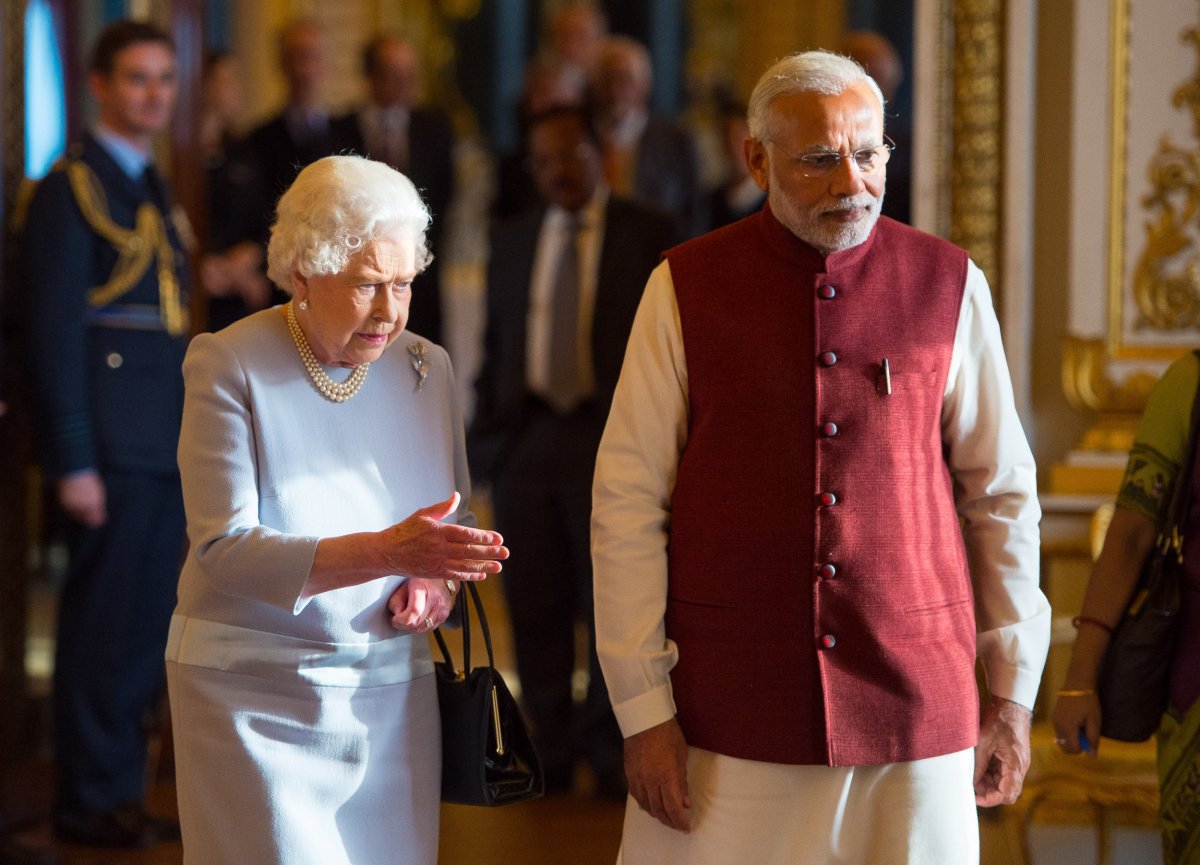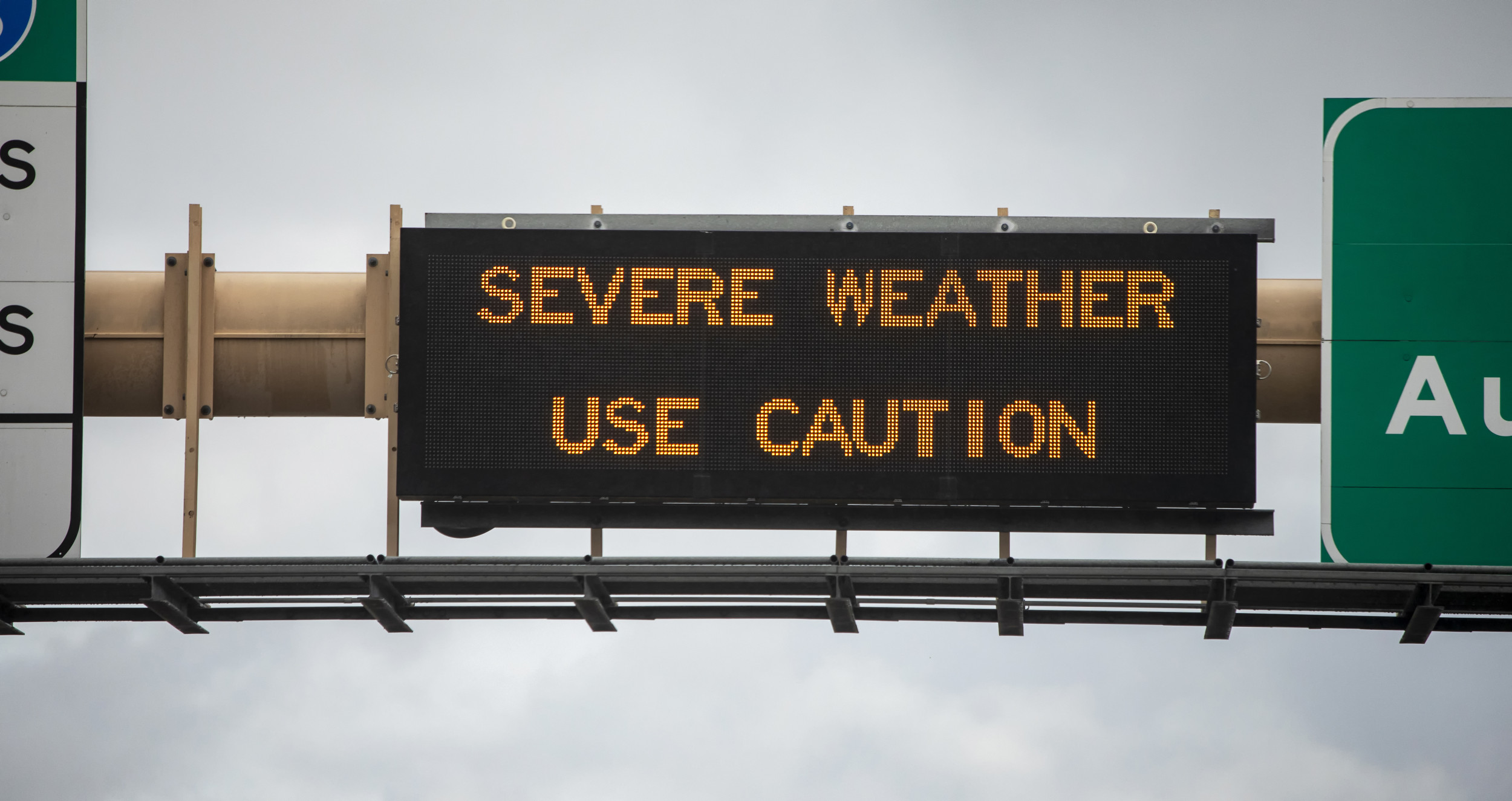This article first appeared on Riding the Elephant.
India is considering playing a leading role with Britain in revamping the Commonwealth when the international organisation of 52 countries holds its summit in London next April.
One idea being considered is that administration of the grouping should be de-centralised with specific subjects being run from other countries, breaking the ponderous grip of the imperial style Marlborough House headquarters in London near the royal family's homes of St. James's Palace and Buckingham Palace.
Prime Minister Narendra Modi is believed to be interested in India taking on the larger role – and maybe responsibility for trade and investment. He is expected to discuss this with Prince Charles, who arrives in Delhi on Wednesday on a two-day visit.
The heir-apparent to the British throne has been invited to Delhi by Modi, and the agenda for their talks includes plans for what is traditionally called the Commonwealth Heads of Government Meeting (CHOGM).
Prince Charles will also follow up on a formal invitation for Modi to attend the summit that was sent to Delhi recently by his mother the Queen. Although India had not yet formally replied, Modi is expected to accept, combining that with a formal bilateral visit to Britain that will add substance to his trip.

Britain wants India to play a big role in revitalising what is formally called the Commonwealth of Nations (without the word British). Downing Street is therefore anxious that Modi should attend, not only to indicate India's commitment to the organisation but also to take a lead.
Modi skipped the last gathering in Malta in 2015, and prime minister Manmohan Singh did not attend the previous two in 2011 and 2013 in Australia and Sri Lanka, missing the former because he had more pressing engagements and the latter because of regional sensitivities involving India's Tamils and the island's human rights record.
It is not yet clear whether India would be accepted by other Commonwealth countries as a leading player – though of course decentralisation would also lead to other countries taking responsibility for subjects such as security and climate change.
India has not proved itself adept at managing diplomatic relations even with its South Asian neighbours, which resent the way it exercises its clout. This has driven all of them (apart from Bhutan, so far) to respond positively to blandishments from China. Similarly, other smaller Commonwealth nations may resent India assuming a large role, though it does expect support from African countries.
Modi's interest in the Commonwealth is indicated by a high profile role being played by Manoj Ladwa, an Indian-born businessman and consultant based in London who is on the board of the Commonwealth Enterprise & Investment Council. Ladwa was one of the top people in Modi's highly successful general election campaign in 2014, and was also in charge of the prime minister's triumphant mass rally in London's Wembley Stadium in November 2016.
"The Commonwealth cannot continue to be London-centric and it is only right and proper for India, with 55 percent of the Commonwealth's 2.3 billion population and 26 percent of its internal trade, to play a more frontal and central role," he told me yesterday. "This could be done by India providing facilities for trade and investment".
Continuing that theme, he added: "This is not a solution to all problems, but it is worth having a look at. The Commonwealth has remained relatively stable but has not done all it could because it is London-centric".
Although the reorganisation ideas are at a very tentative stage, there is general acceptance that the Commonwealth, which embraces a third of the world's population in English-speaking democracies spanning ethnic and religious boundaries, could play a bigger role as a significant international alliance.
This appeals to the UK, which is looking for new international post-Brexit links, though the Commonwealth's limited record of past achievements has prevented this being treated very seriously. The idea was not helped earlier this year when someone in the British civil service dubbed its Commonwealth trade ambitions as Empire 2.0 (initially for an Africa free trade zone).
A strong Commonwealth also appeals to India because China could not be involved, unlike many other international forums where it is either a leading member or has managed to attach itself as an observer, for example in South Asia's SAARC regional organisation..
At a time when China is pushing its One Belt One Road international initiative for economic and trade corridors linking Asia to Europe, a re-energised Commonwealth could provide a counterbalance for countries such as Australian, Malaysia and Singapore as well as India that are under Chinese pressure to co-operate. It would also fit neatly alongside a link-up being developed by the US, India, Japan and possibly Australia to counter China's ambitions.
The aim therefore is to give next year's summit a more radical purpose than is indicated by the traditionally bland theme, Towards a Common Future, which has been chosen by the Commonwealth Secretariat with subject headings of "prosperity, security, fairness and sustainability". These cover boosting intra-Commonwealth trade and investment, increasing security cooperation on terror and cyber attacks and organised crime, promoting democracy and good governance, and dealing with the effects of climate change.
Manoj Ladwa (left)produced an anthology of essays that included the Commonwealth ideas called Winning Partnership: UK Relations Beyond Brexit in July, where he advocated India becoming a Commonwealth "business hub". He spoke about his ideas at a recent private conference in Delhi organised by the Observer Research Foundation in September. He is in the city this week for Prince Charles' visit.
The idea of India and the UK teaming up to boost the Commonwealth first surfaced when C.Raja Mohan, a leading Delhi-based analyst and writer on international affairs who now heads Carnegie India, wrote about it in a similar anthology published in 2011. Called Reconnecting Britain and India, it was edited by Jo Johnson, a former Financial Times journalist and now a minister in the British government, and Rajiv Kumar, now head of India's Niti Aayog (planning commission).
Raja Mohan had little time in his essay for the Commonwealth, which is valued by many member countries for the often low-key work that it does. He said it had been a "political bully that was incompetent at its best, impotent at its worst, and increasingly irrelevant on the economic front".
But he suggested that India should take over some of the leadership role from London because, as a rising power, it could influence the Commonwealth's economic prospects and emerge as a new influence countering China's dominance.
Mohan's words were prophetic on China but I found few supporters either in Delhi or London, for his ideas when I wrote about it on this blog. Mohan acknowledged to me that the idea "is indeed new and does not have much currency at the moment", but added: "A rising India must consider taking over the leadership of the commonwealth at some point of time", working with English-speaking leaderships of Commonwealth countries in Africa, the Caribbean and the Pacific.
There were few supporters in Delhi in 2011 because the idea was not on the government's agenda, but that has now changed with Modi's positive interest in carving out new international roles for India. Similarly, Britain now has its post-Brexit motives.
Prince Charles and his wife Camilla are coming to India after pre-CHOGM visits to Singapore and Malaysia. Part of the agenda, though this is not spoken about, is to build up the prince's image so that his role as head of the Commonwealth is not disputed by other member countries after he succeeds his mother and becomes King.
He will host the summit in place of the Queen, who is 91. The event is taking place in London because Vanuatu, the South Pacific island, which was to have been the destination, suffered extensive damage in a cyclone at the end of last year.
The official meetings will take place at Buckingham Palace, with a leaders' retreat hosted at Windsor Castle, one of the Queen's homes. In parallel there will be other events including a large business forum.
Delhi is awash with royals. The King and Queen of Bhutan have just left, and the King and Queen of Belgium are here this week at the same time as Prince Charles and Camilla.
The undeclared theme of next April's summit will however, if the new ideas move ahead, be to move beyond royalty and turn the Commonwealth into a worthwhile international alliance, not just a post-imperial club with noble intentions and some good works.
John Elliott writes from New Delhi. His latest book is Implosion: India's Tryst With Reality (HarperCollins).
Uncommon Knowledge
Newsweek is committed to challenging conventional wisdom and finding connections in the search for common ground.
Newsweek is committed to challenging conventional wisdom and finding connections in the search for common ground.
About the writer
To read how Newsweek uses AI as a newsroom tool, Click here.








